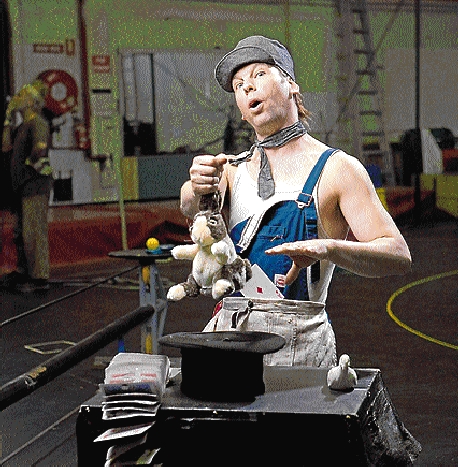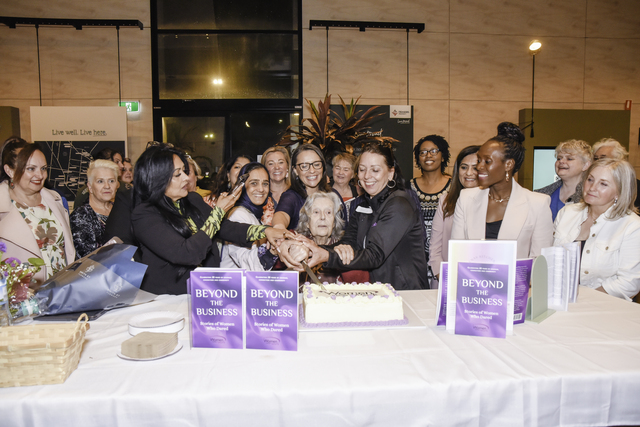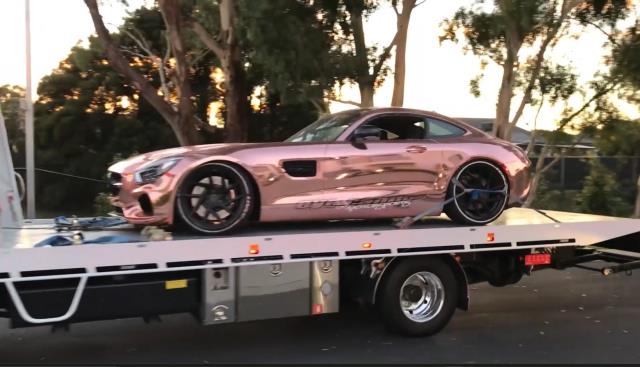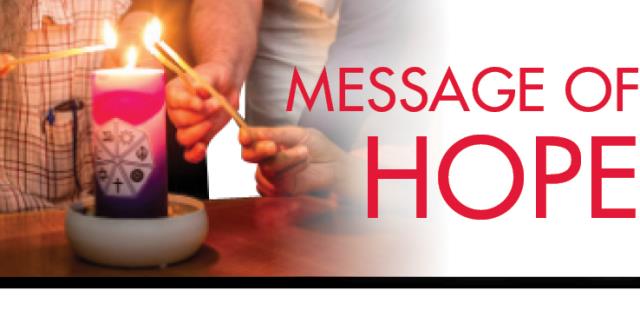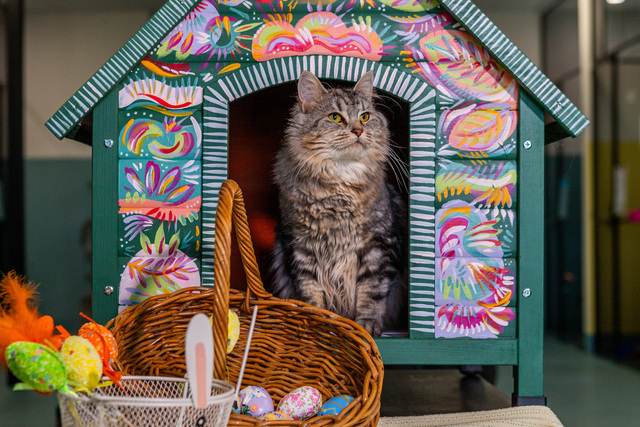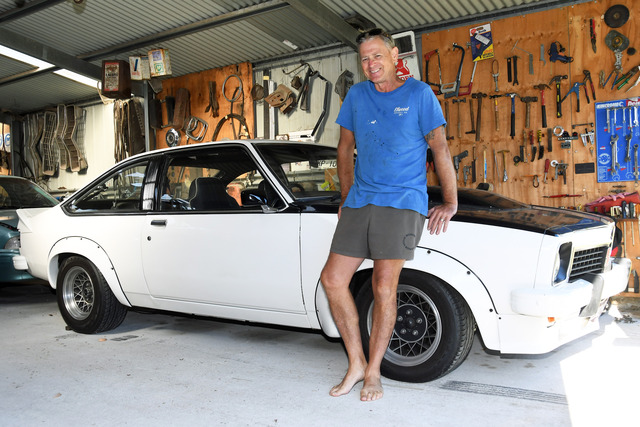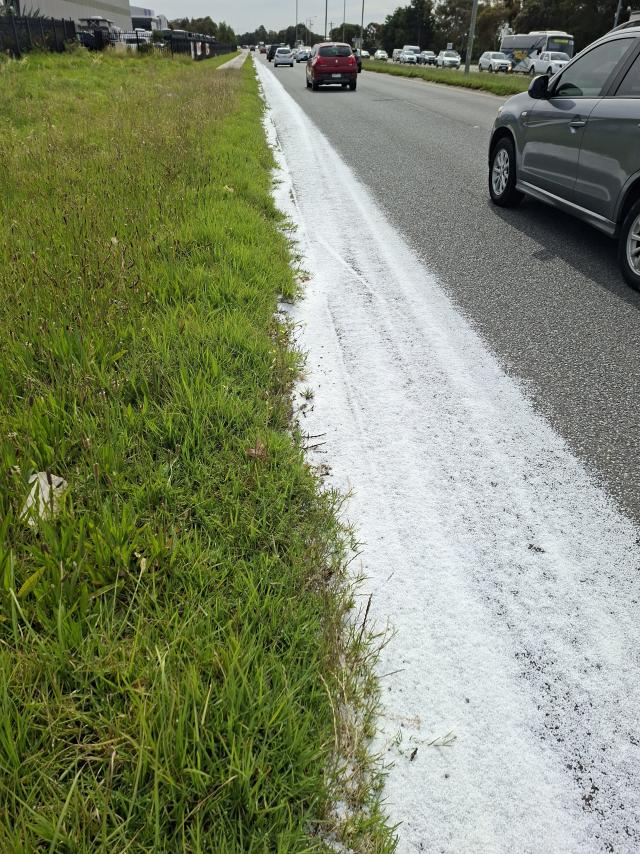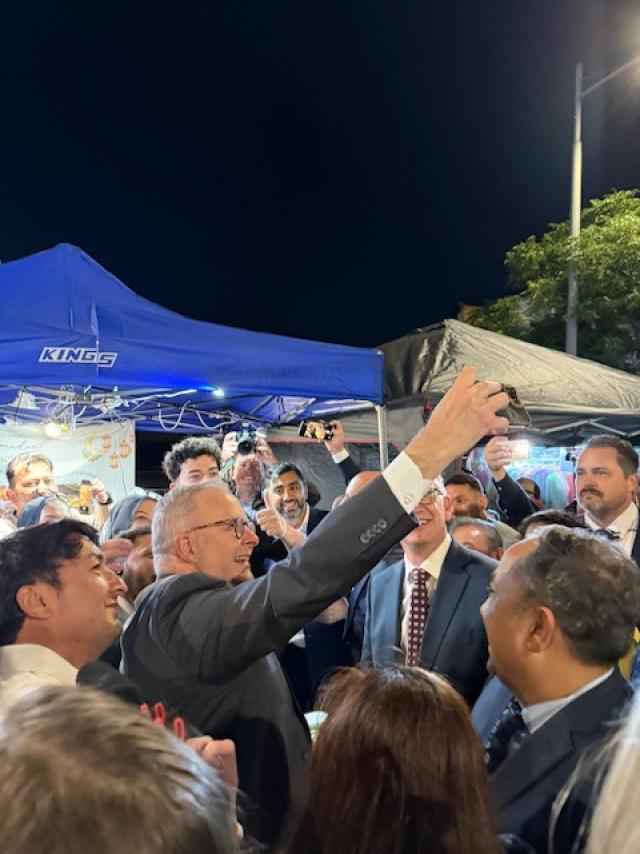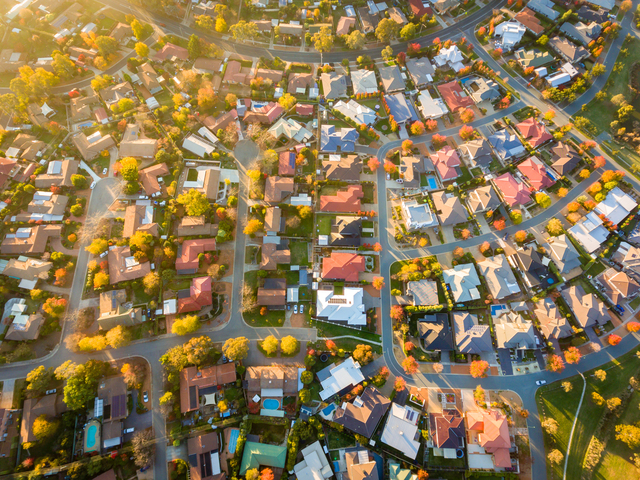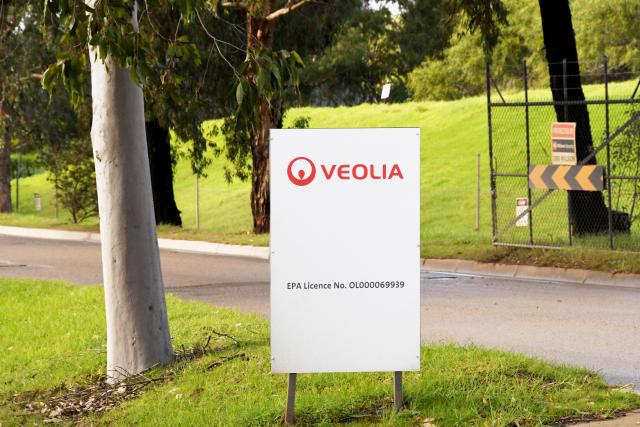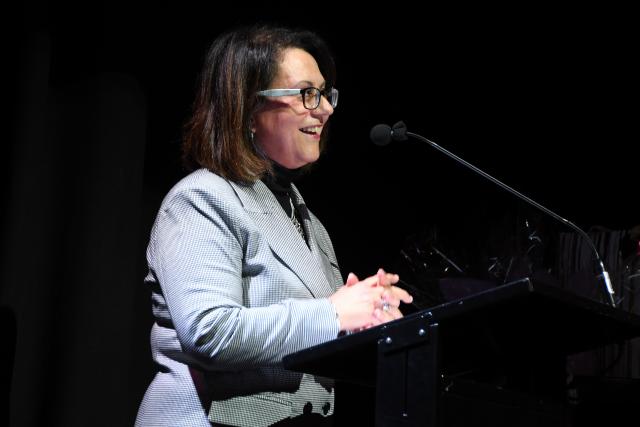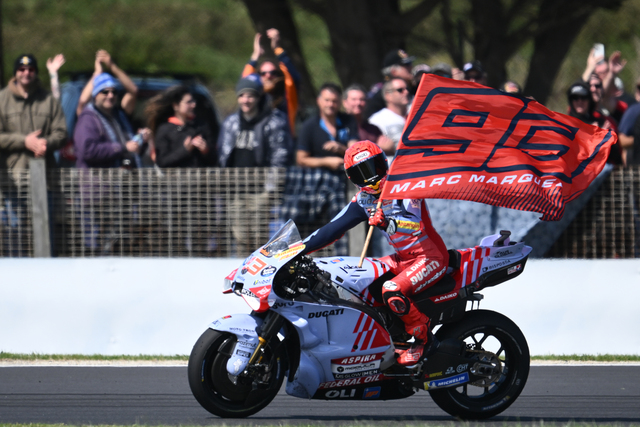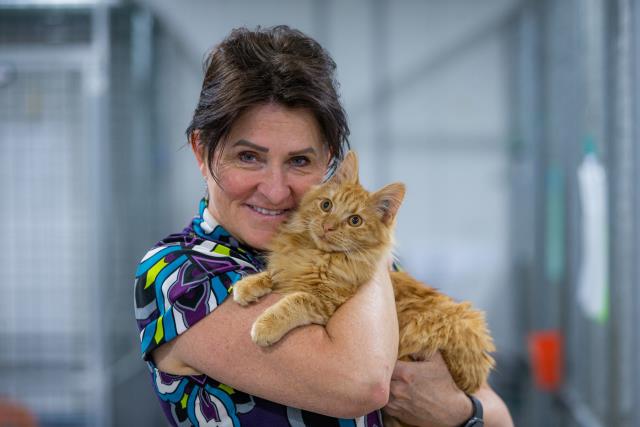Young Africans who had a hard start in life have established themselves in Melbourne. Melissa Cunningham finds that their new struggle is against stereotypes.
The scars on Matue Ivy’s feet bring back memories of running for her life. For as long as the 17 year old can remember, she watched her homeland of Liberia in west Africa ravaged by a relentless civil war.
Her childhood was spent living in fear, hiding in bushland and protecting her three siblings. More than four years ago she left a refugee camp in Guinea to start a new life in Australia.
Matue is just one of thousands of the new wave of migrants escaping turbulent homelands to make a new life in Australia.
The 2006 census showed there were more than 90,000 northern and sub-Saharan Africans living in Melbourne.
More than 5000 Africans now call the south-eastern suburbs home and their numbers continue to increase.
Many have survived unimaginable trauma, including losing parents and siblings in the civil war, living in vast refugee camps and narrowly escaping death.
But while the waves of European and Asian migrants have settled firmly on Australian soil, African migrants are still finding their way.
When Matue arrived in Australia she did not speak a word of English.
‘‘My mother and I were separated because of the war,’’ she says. ‘‘I came here with my uncle to live with her and the rest of my family.’’
Although the Croydon resident has become accustomed to life in Australia, she was confronted with racism when she arrived.
‘‘Everything was so different, the food, the people, the country. When I first started at high school, some of the kids were very racist.
‘‘They would ask me, ‘What are you doing here. You don’t belong here; go back where you came from’. I was always crying to my teachers and I felt very alone.’’
Gradually the students at Matue’s school began to accept and understand her and she now calls students of European, Asian and Indian descent her closest friends.
Walking down Main Street in Croydon last year, she stumbled across a bright red logo that reminded her of home.
It was a Red Cross store, set up by the organisation that had brought her and other refugees food and medical supplies to survive during the dark days at the refugee camp.
‘‘Sometimes there were more than 10 of us in a tiny room trying to sleep at night,’’ she recalls. ‘‘Life was very difficult.
‘‘I could not go to school because of the war and I could not go back home because it wasn’t safe.’’
Since that day, Matue has volunteered at the store every Friday and Saturday. Store manager Fran Shaw says she has watched Matue flourish and find confidence.
The Croydon store has volunteers of diverse nationalities aged 17 to 82.
‘‘We are always looking for volunteers and no matter what age or qualifications we can always find something for you to do,’’ Ms Shaw says.
‘‘For migrants like Matue, it can be a extremely rewarding role and a great way to meet people in the community.’’
The articulate year 11 student is set to complete high school next year and has dreams of undertaking tertiary study and a career in aged care.
‘‘I love Australia,’’ she says. ‘‘It is my home now.’’
Like Matue, Sudanese refugee Kon Manyok came to Australia to escape war and create a new life for himself and his family.
The 20-year-old Springvale resident and media student never got to his meet his father.
Like many young men in Sudan, his father was forced into the military when he was 16.
Before Kon was born, he was killed in the religious war between northern and southern Sudan that overturned the country for more than a decade.
‘‘If I had stayed in Sudan I would have been forced into the army too,’’ he says. ‘‘Most likely I wouldn’t be here now.’’
Kon and his family narrowly escaped the jaws of death when their village in Sudan was invaded.
They fled to a refugee camp in Uganda and waited for their relatives in America to send enough money for them to start a new life in Australia.
Kon went through turbulent times on his way to Melbourne but chooses to focus on the positives.
‘‘Instead of thinking of all the bad stuff I concentrate on the good. I’m in a safe country, my family are safe and if I work hard and study I’ll achieve whatever I set out to.’’
He says the transition to life in Australia can be tough for young Sudanese migrants, who can be heavily influenced by American rap singers glorifying the ‘‘gangsta’’ persona.
‘‘They watch videos of gangster rappers like 50 Cent and take it to the whole next level.’’
Kon has watched his cousin become trapped in a lifestyle of drugs, alcohol and crime.
“When you’re part of gang, it’s very hard to get out of it. If you try and leave, they will think, ‘He disrespected us, he betrayed us’.
‘‘Often they may go after you if you have left or try to leave the gang.”
But for Kon, who aspires to become an architect, the future is in making the most of the opportunities he never would have had in Sudan.
“I choose to stay at home and study, not go out much. Next year I hope to get into architecture at Swinburne or RMIT.’’
One man who is trying to break the stereotypes of Sudanese youth is South Sudan migrant John James.
Inspired by former South African president Nelson Mandela, the 21 year old is advocating to change the reputation of Sudanese youth for anti-social behaviour and gang-related violence in the suburbs.
The Melbourne University student says he has seen too many of his people succumb to alcohol, drugs and violence.
John says many young Sudanese youths remain traumatised by flashbacks of a horrific war.
He says one of the major causes of Sudanese youth being drawn into the downward spiral of crime and anti-social behaviour is their difficulty finding and obtaining employment.
Since his arrival in Melbourne more than six years ago John has made it his mission to work with young African migrants.
‘‘When I first arrived here it was very hard. The culture was strange to me and my English was not the best.
‘‘Instead of going to a school next door to me in Keysborough I would travel all the way to Dandenong High because there were more African kids there and I didn’t feel so different.’’
His experience of being a new migrant sparked a desire to create Young African Connection — a group of 10 African Australian youths in Dandenong promoting positive social outlets for young African migrants.
‘‘We promote inter-generational dialogue for new migrants and hold free inclusive events including soccer tournaments that encourage migrants to be a apart of their society.’’
John says Young African Connection encourages African Australians to become positive role models and leaders in their communities while upholding the diversity of African traditions and cultural values.
It also endeavours to promote social networks among newly arrived young people and harmonious relationships between diverse African communities.
‘‘By connecting young Africans through organised sports tournaments it keeps them active and encourages them to give back to their community.
‘‘We want to foster leadership, responsibility among our peers, and respond to what’s happening in some parts of the community.
‘‘It encourages young Africans to think about how they could make a better life in Australia and maybe help somebody else who is going through the same thing as them in the future.’’
To find out more about Young African Connection, visit facebook.com/pages/ Young-African-Connection.
* To become a volunteer at Red Cross, visit redcross.org.au Young Africans who had a hard start in life have established themselves in Melbourne. Melissa Cunningham finds that their new struggle is against stereotypes.

